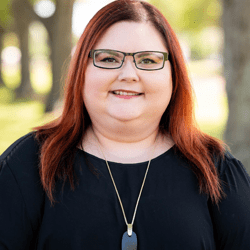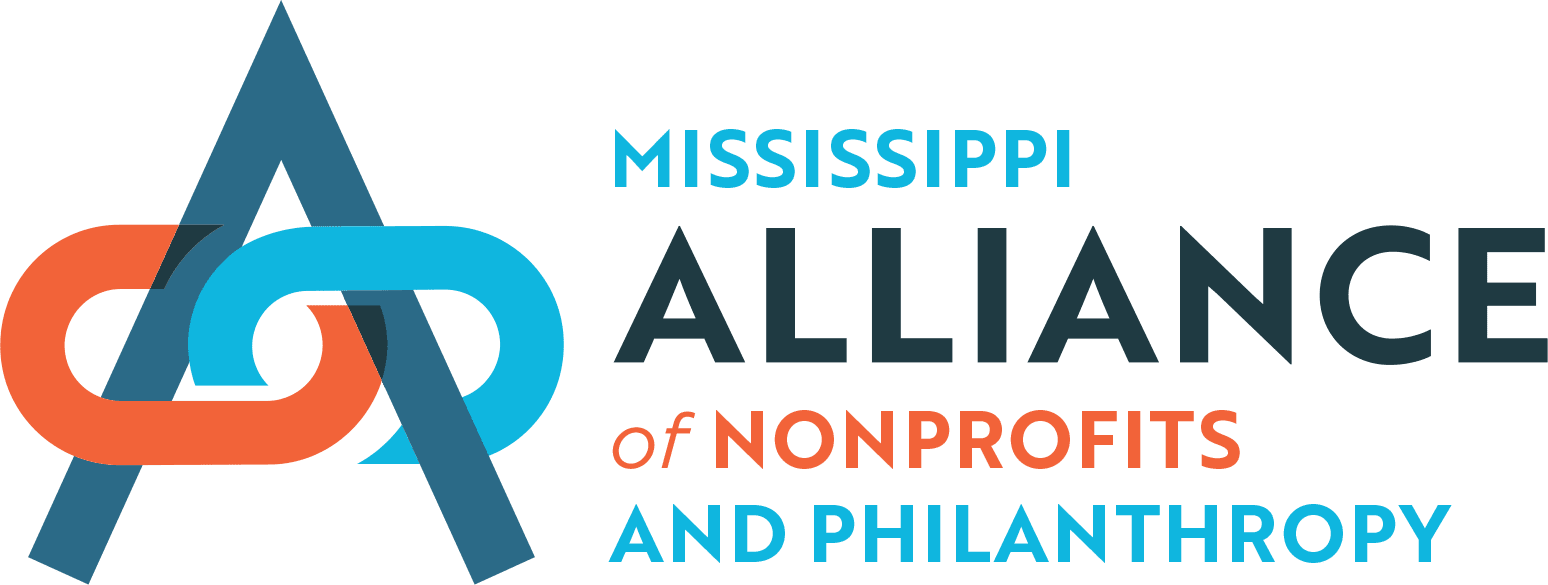Do You Know Alice?


Director of Marketing & Communications
United Way of NE MS
ALICE is your childcare provider, the cashier at your supermarket, the gas attendant, your waitress, a home health aide, an office clerk. You might even be ALICE.
ALICE, which stands for Asset Limited, Income Constrained, Employed, is a new way of defining and understanding the struggles of households that earn above the Federal Poverty Level, but not enough to afford a bare-bones household budget.
These families earn too much to qualify for most government assistance, but not enough to cover the basics of housing, childcare, transportation, food and healthcare, let alone enough to save for emergencies.
When funds run short, cash-strapped households are forced to make impossible choices, deciding between quality childcare or paying the rent, filling a prescription or fixing the car. These short-term decisions have long-term consequences not only for ALICE families, but for all of us. The future success of our community is directly tied to the financial stability of these fragile ALICE households.
On August 24, the Mississippi United Ways Association will release the first ALICE report for Mississippi. Please join the press conference via Facebook Live at https://fb.me/e/3Fc8XLCFq and visit msunitedway.org/alice for more information about ALICE.
Related Articles
Equity in Response, Recovery and Resilence: An Action Report in Five Parts
The Mississippi Alliance of Nonprofits and Philanthropy (the Alliance) was created to enhance coordination, collaboration, and communication among nonprofits, maximizing existing funding and expanding resources. The Alliance also focuses on embedding equity into nonprofit work, aiming to ensure equitable outcomes. During the 2022 Jackson water crisis, nonprofits worked to meet urgent needs. Recently, with funding from the US Water Alliance, the Alliance and its partners have been studying equity in disaster response, recovery, and resilience efforts.
Revisiting Big Questions for Philanthropy: When to Bridge and When to Fight
Two big, related questions have hung over many in philanthropy these past several years: first, how best to protect democracy, and second, how to work to bridge differences in a polarized time.
Sabbaticals and the Case for More Rest for Leaders of Color
Social change isn’t possible when nonprofit leaders are exhausted. Extended paid leave helped me — and can help others.

